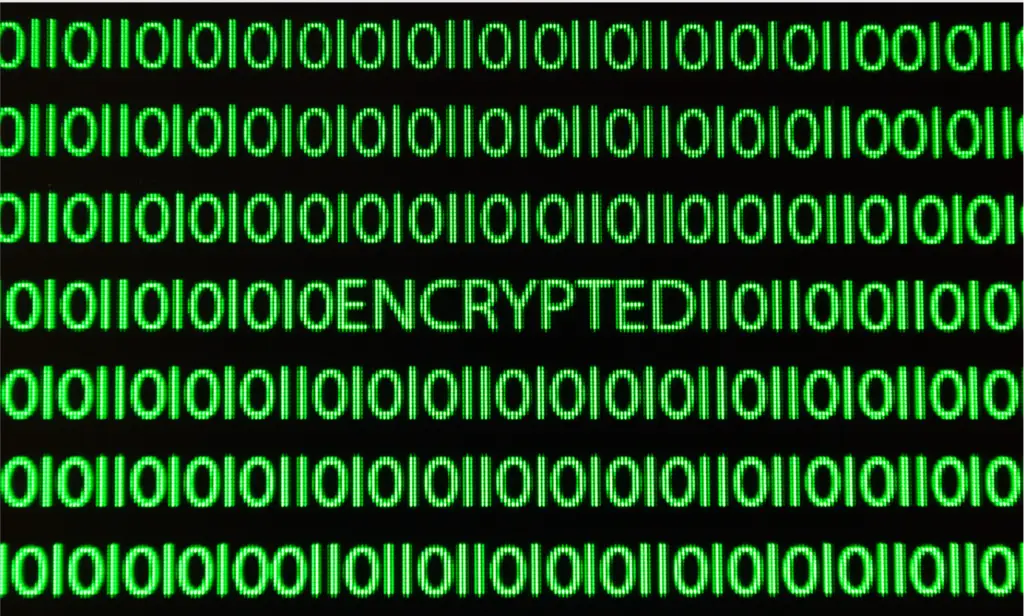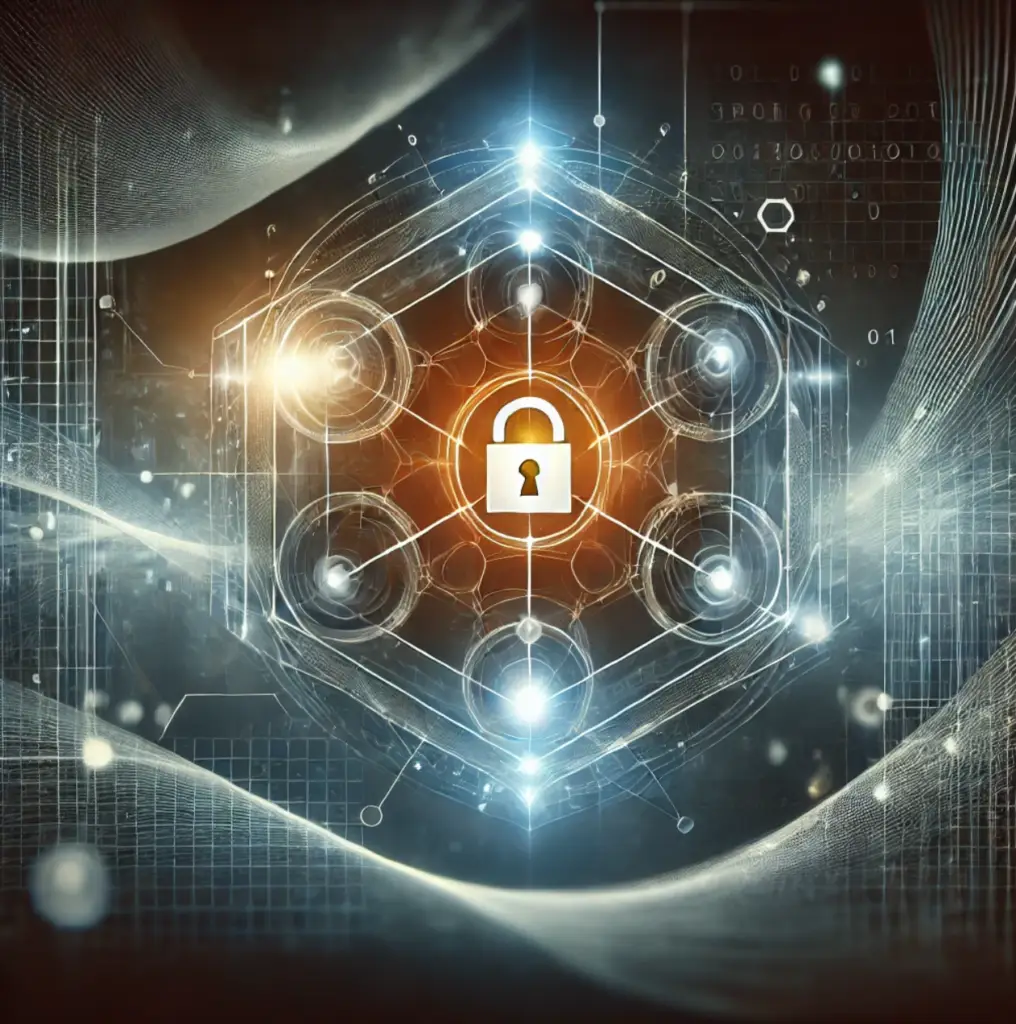5 Reasons there is concern about quantum risk today?
Tracy Levine, QuSmart.AI Co-Founder, CEO/CAIO


Eliminating Evil Twin and Passpoint AP Attack Risks by Replacing AES in WPA2 and WPA3
In an era where quantum computing looms as an existential threat to conventional cryptographic systems, businesses must evolve beyond mere quantum resistance to achieve true quantum immunity. By replacing traditional asymmetric cryptography—including Post-Quantum Encryption—with QuSmart.AI’s Perfect Secrecy solutions, organizations can attain a quantum-immune shield for their data. This paradigm shift offers not just quantum resistance, but quantum security, representing a monumental leap forward for businesses navigating the complex landscape of data protection.
With Shannon’s Perfect Secrecy implemented, the need for asymmetric cryptography (public/private key pairs) can be replaced in closed, controlled environments with known endpoints, where initial shared secrets are set up securely between endpoints, and AI can handle the key management. This dramatically simplifies encryption management while ensuring the system is immune to quantum attacks.
Post-quantum cryptography (PQC) represents the current frontier in cryptographic defense against quantum threats. While designed to withstand quantum attacks through advanced methods like lattice-based and hash-based cryptography, PQC still operates within the realm of computational security. This means:
In contrast, symmetric encryption systems leveraging Shannon’s Perfect Secrecy offer a radically different approach:
The transition from quantum-resistant to quantum-secure encryption marks a pivotal moment in the evolution of data protection. By adopting QuSmart.AI Perfect Secrecy AI-managed symmetric key systems that implement Shannon’s Perfect Secrecy, businesses can:
In a world where data is the lifeblood of business, and quantum computing threatens to reshape the security landscape, embracing quantum-secure encryption is not merely an option—it’s a strategic imperative. Organizations that make this leap will not only protect their assets but will also position themselves as leaders in the new era of quantum-secure information security.
